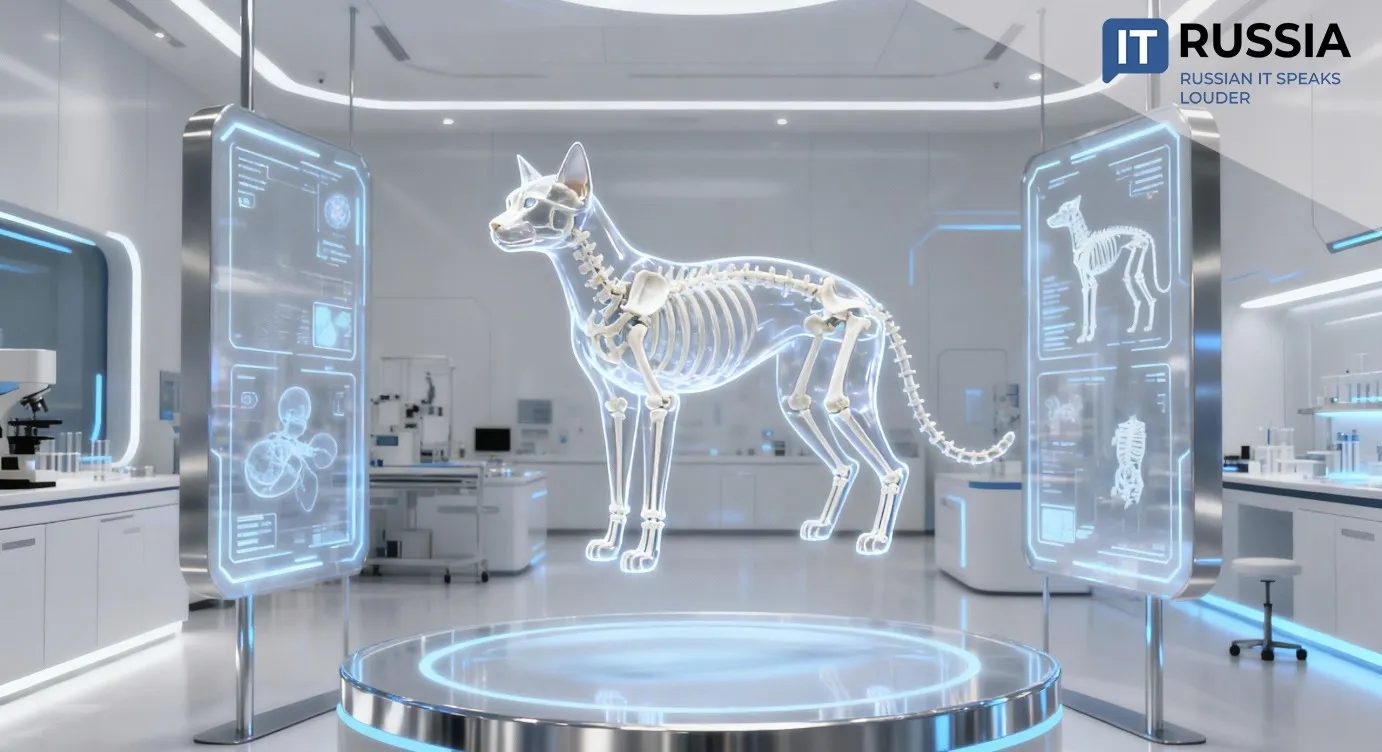Sber’s SberOS Now Supports RISC-V Architecture, Advancing Russia’s Tech Sovereignty

Sber has introduced RISC-V support for its custom operating system, SberOS, marking a significant step in replacing foreign software and building a self-reliant IT ecosystem.
Unlocking New Capabilities
Sber’s in-house operating system, SberOS, is designed to replace Windows on employee workstations. First rolled out in 2023, it now forms the backbone of the company’s internal user infrastructure. The system allows staff to access printers, scanners, and other peripherals while ensuring software stays current and secure through automated updates. Built on a Linux distribution, the latest version adds support for the open RISC-V processor architecture. This addition enables SberOS to run on modern, energy-efficient processors and reinforces its compatibility with cutting-edge hardware platforms.

Open Architecture, Global Potential
Unlike proprietary alternatives, RISC-V is freely available, modifiable, and royalty-free. For Sber, integrating RISC-V was a strategic move to enhance technological independence. Experts see this as a major development for the Russian IT sector—open architectures reduce reliance on foreign technology and remove licensing hurdles, accelerating local innovation.
The move also broadens the scope of SberOS
deployment. Beyond internal use, the system could be piloted in state-run
companies, banks, and educational institutions. Russia has already launched a
RISC-V Alliance uniting local hardware and software developers. Should SberOS
become publicly available, it could be exported to other countries seeking to
break away from Western IT dependencies.

The Road to Independence
RISC-V has gained momentum globally in recent years due to its openness and versatility. It’s now part of the Linux 5.17 kernel and has official Debian, Fedora, and Gentoo ports. In Russia, companies such as Mikron, Progress, Milandr, NIET, and Soyuz are designing processors based on the RISC-V instruction set.

Sber’s release of a RISC-V-compatible
version of SberOS reflects a broader shift among Russian companies toward free
software and locally produced digital solutions.










































